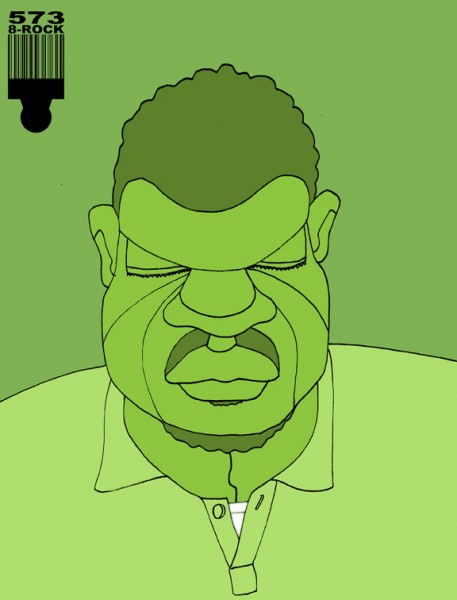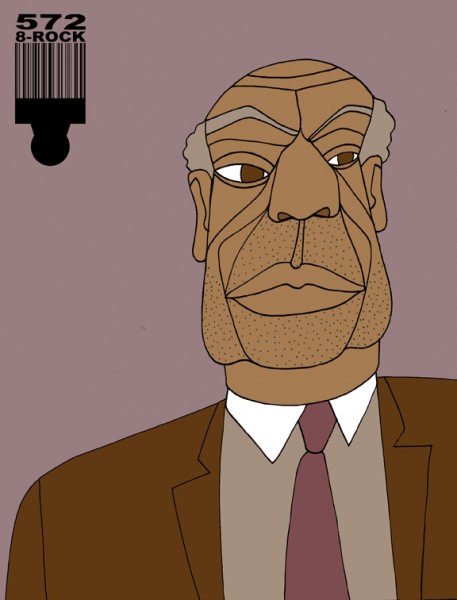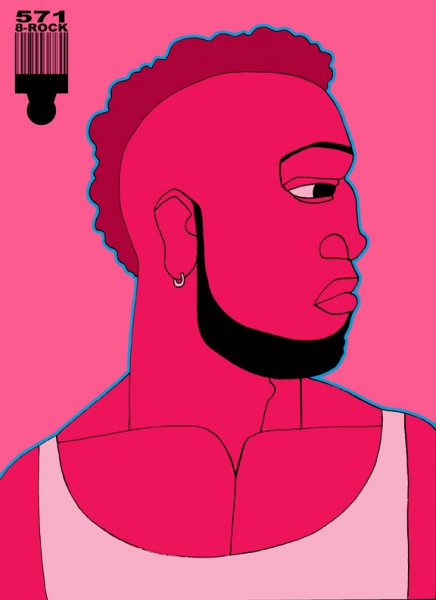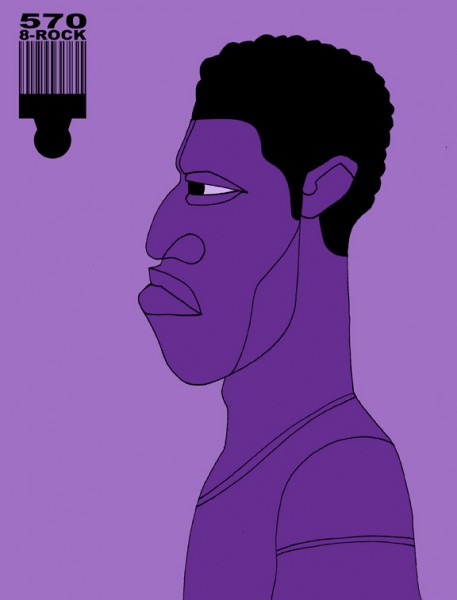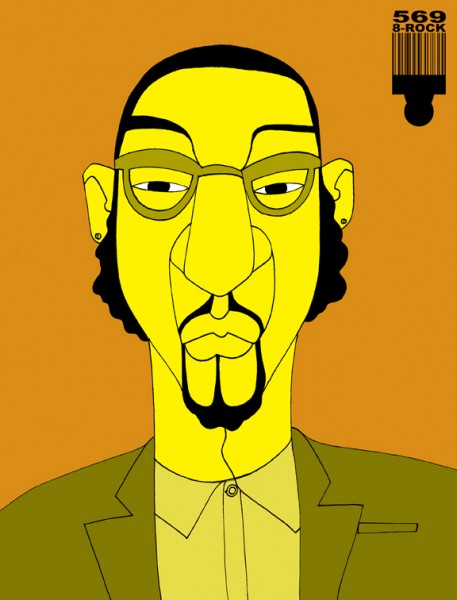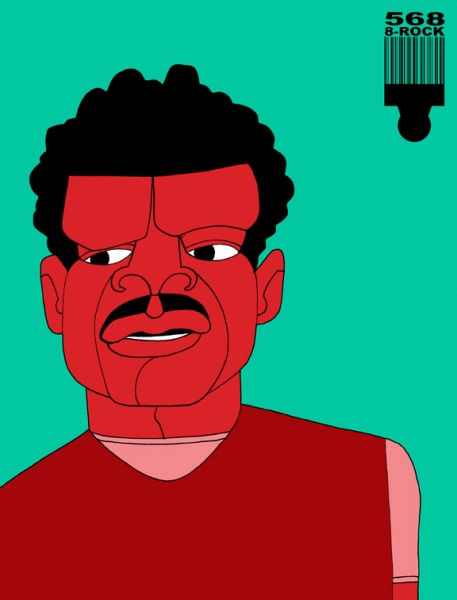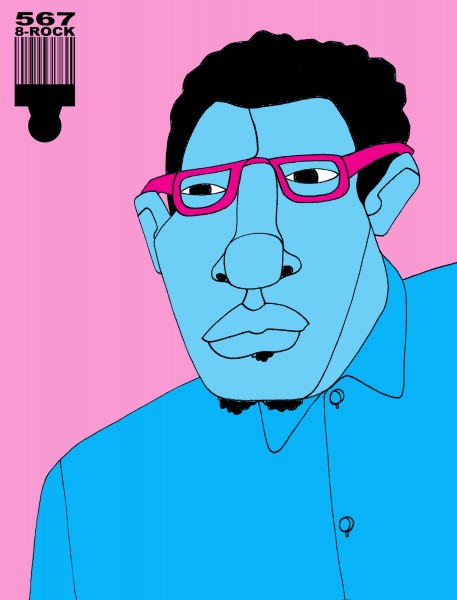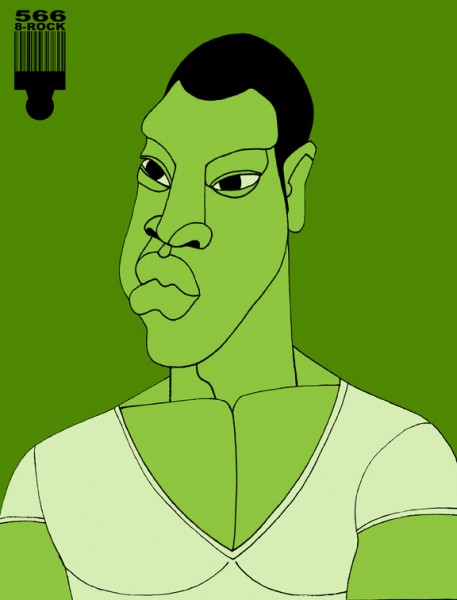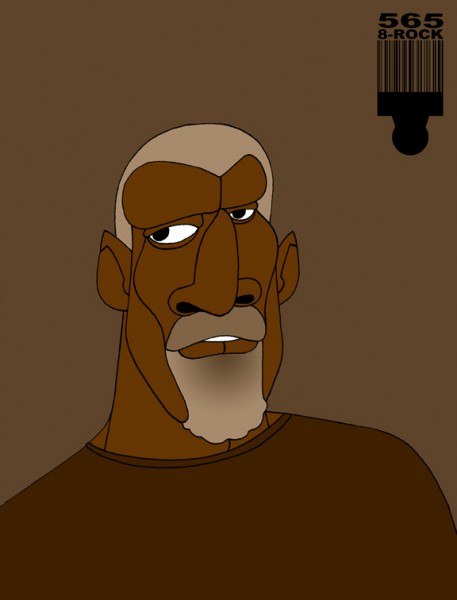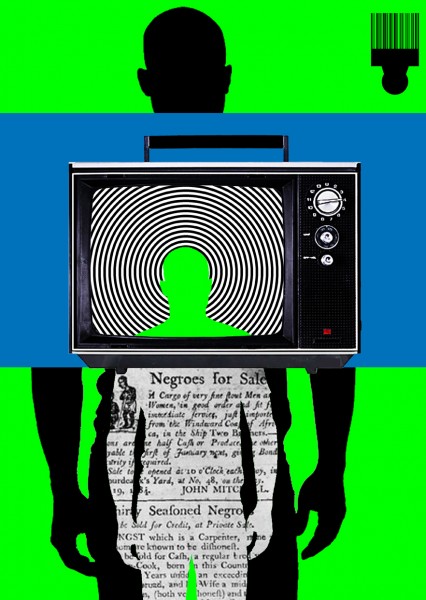
There are moments when an event or series of events makes it difficult to go about your everyday life in the same way or with the same mindset as before those events transpired. These moments, be they heartbreaking or exhilarating, illuminate aspects of our lives, our settings, and the people around us in new and often transformative ways. The late Audre Lorde described this phenomenon as a shift in the “quality of light” by which we see ourselves and the world around us. The acquittal of George Zimmerman is one such event. So much about the tragic death that led to Zimmerman’s trial revolved around the historic gulf between how so many Americans see Black men and how Black men see themselves. And, although I am African American, the death of Trayvon Martin and the fact that it grew out of one person’s perception, based solely on his appearance, that this teenaged boy represented a threat has caused me to consider my own consumption of films, music, television programs, and other media that reinforce the notion that Black men are dangerous, deviant, and lazy, except in the pursuit of criminal enterprise or sexual conquest.
I do not subscribe to the “positive images” doctrine of Black representation (whose adherents tend to believe that the only acceptable representations of African Americans resemble the characters on The Cosby Show). An emphasis on so-called positive images of Black people imposes its own pernicious form of erasure, of all U.S. Black folks whose comportment, dress, and/or diction falls outside of the realm of what some people have deemed as the “proper” performance of Blackness. Still, I am also aware that, despite the breadth of representations of Black people produced by independent artists, writers, and performers of African descent, these richly diverse portrayals are most often overshadowed by the more easily accessible programming and imagery produced and distributed through major media outlets and corporations.
And so, for the next week or so, beginning with my next post, I am going to going to feature the words of some of my favorite African American male writers, with an emphasis on the ways that they have depicted Black men. After each of the next several posts, I will include a brief quote from an African American writer that captures his own vision of Black men. I’ll try not to repeat writers, although, as an African American literature professor, I certainly have my favorites.
I hope you enjoy this brief tribute to the ways that Black men see themselves and each other.
Ajuan Mance
